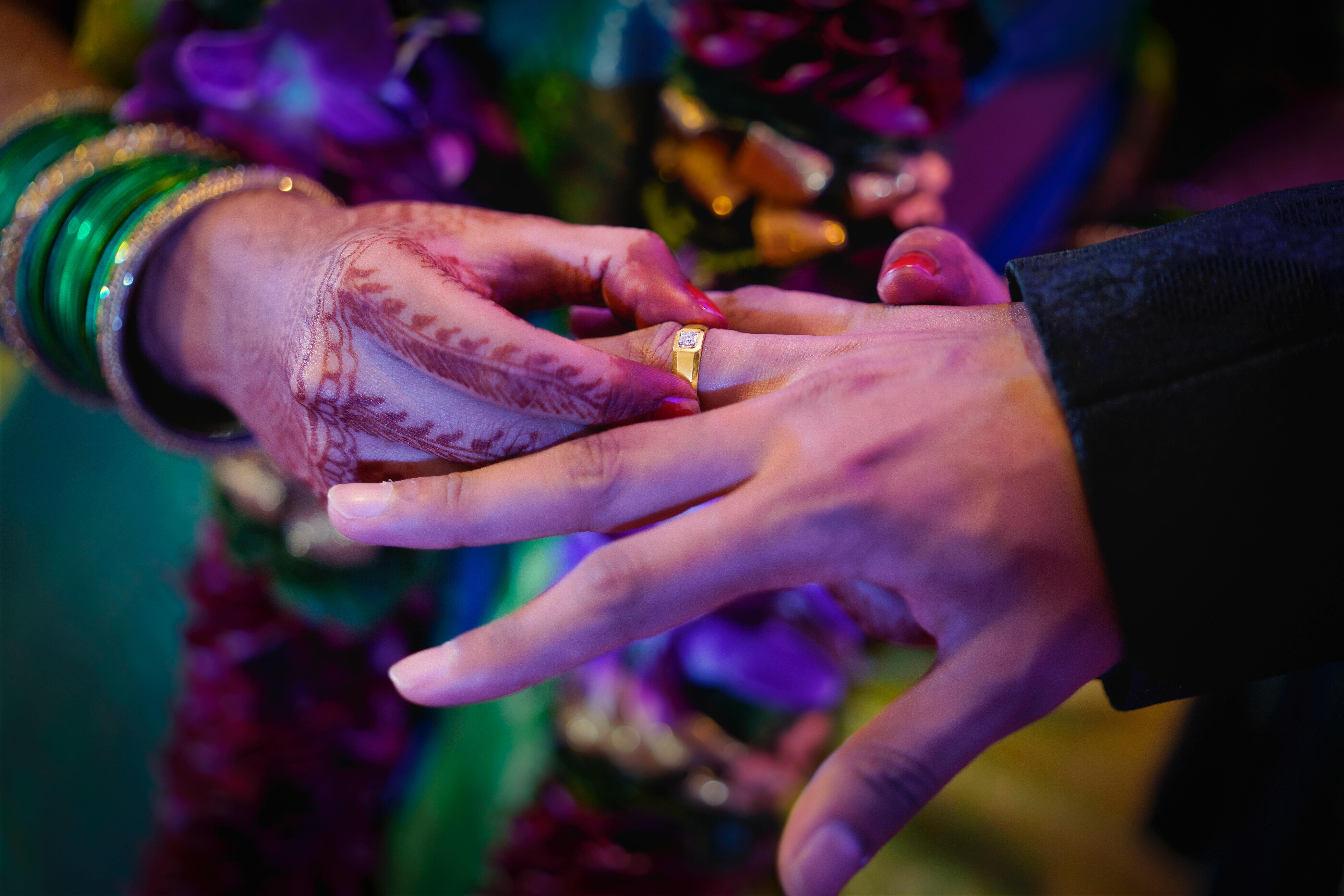(6 min read)

Dowry is the marriage gift (in cash or kind) that a bride brings to her husband’s family. Although the primary function of the dowry is to serve as a form of protection, the violence against women for dowry has become quite common these days.
Dowry harassment and deaths
The recent deaths of Visaka Maya and Suchitra in India due to domestic abuse and torture over insufficient dowry is shocking. It is pitiful when the big gala Indian wedding works out for the worst for the bride, that too merely a week into the marriage.
Dowry harassment happens all the time – in our neighbourhood, church circles and families. We all know it, don’t we? But it shocks us only when it ends in a gory death. We may blurt out our disgust for a while, but life goes on.
Christian communities and the practice of Dowry
Christian communities are not immune to the practice and its complex interwoven issues. In fact, a recent blog based on a study of 40,000 marriages points to a sharp increase in the dowry paid by Christians over the years.
While Dowry is prevalent in all major religious groups, the average dowry among Christians are higher when compared to other religious communities in India. Surprised at the prevailing culture among Indian Christian communities?
Reasons why we don’t speak against it
Let’s face it! Dowry harassment and subsequent deaths are detrimental to the social fabric. They happen due to our collective failure to deal with it. We don’t speak against it because we are part of the problem.
First, we have conveniently muddled dowry practice, so it now exists comfortably in a wide variety of forms. We have even made it palatable to our moral sensitivities. Now, any attack on the dowry system will only invite criticism onto oneself. It is merely a self-goal.
Second, most of us settle for the comfortable and the convenient. Rather than call out “dowry” as evil, we ask our daughters to practice the virtue of silence. We gloss over the despicable greed for more “gifts” and shout down voices of protest if any.
Third, we have normalised the intolerable harassment through emotional and cultural appeals. Our daughters are emotionally coerced to find comfort in misplaced love or uphold family honour.
Fourth, once married, our daughters feel alienated from our homes. They grow with the constant reminder, “you belong to someone else”, and so they do not think to return to our homes, even if they encounter abuse and domestic violence.
Sadly, many young girls silently accept the unfortunate inevitability of harassment and domestic violence. Unfortunately, the fear of rejection rather than the fear of violence itself makes them silently bear the trauma of physical and/or mental abuse.
Worse, dowry deaths are routinely forgotten. Such easy slippage to normalcy blunts the challenge to male privilege and entitlement. Further, due to the complexities of culture and tradition, the conspiracy of silence ensures the continuance of this evil unabated.
The Real Problem: Male privilege and Entitlement
How do we deal with the practice of dowry? Beneath the layers of entrenched cultural practices lie the inherited celebrations of male privilege and entitlement. Herein lies the real problem!
Far too often, we are too quick to frame dowry harassment as a social problem rather than a psycho-cultural one. Psycho-social expressions of male privilege and entitlement need to be challenged.
But unfortunately, we consciously or unconsciously uphold male privilege and entitlement even when it blights our daughters’ lives. We must listen and respect the voices of our daughters who are affected if we are to make a meaningful difference in the lives of traumatised women.
Why do men (and their families) feel the need to monetise their high educational and professional achievements? Doesn’t this arise from a confusion between price Versus value, entitlement versus belonging, privilege versus responsibility, role versus love, commodification versus companionship, and market vs marriage?
What can we do about this?
Christian communities have lost their moral voice and, therefore, cannot speak against it. Even if they do their little bit, their voices are at best unimpressive, muffled soundbites. You can almost hear the lack of will to address their real weakness.
The vast disconnect between belief and behaviour needs to be bridged. Therefore, the Church has a critically important role in fostering gender sensitivity and justice. The way we do, Church must be life-enhancing.
We need to call out the “greed” that passes off as “cultural reward” and the death of empathy and grace that passes off as “rightful demands” and the “conspiracy of silence” that is usually read as “acceptance”.
Women need “spaces” in which they can live “safe” and “free”. However, this cannot be realised without confronting male privilege head-on – in our life-spaces, social spaces and sacred spaces.
Toxic male excesses need to be undone meticulously. We have the potential to be transformative. But, unfortunately, the Church lacks urgent measures needed to fix the crisis.
It is high time our faith gets actualised within lived experiences. I am told such a change of heart will take time. But how long should we wait for it to unfold? If these two recent gory dowry deaths don’t move us, I wonder what will?
Photo by Vaibhav Nagare on Unsplash









